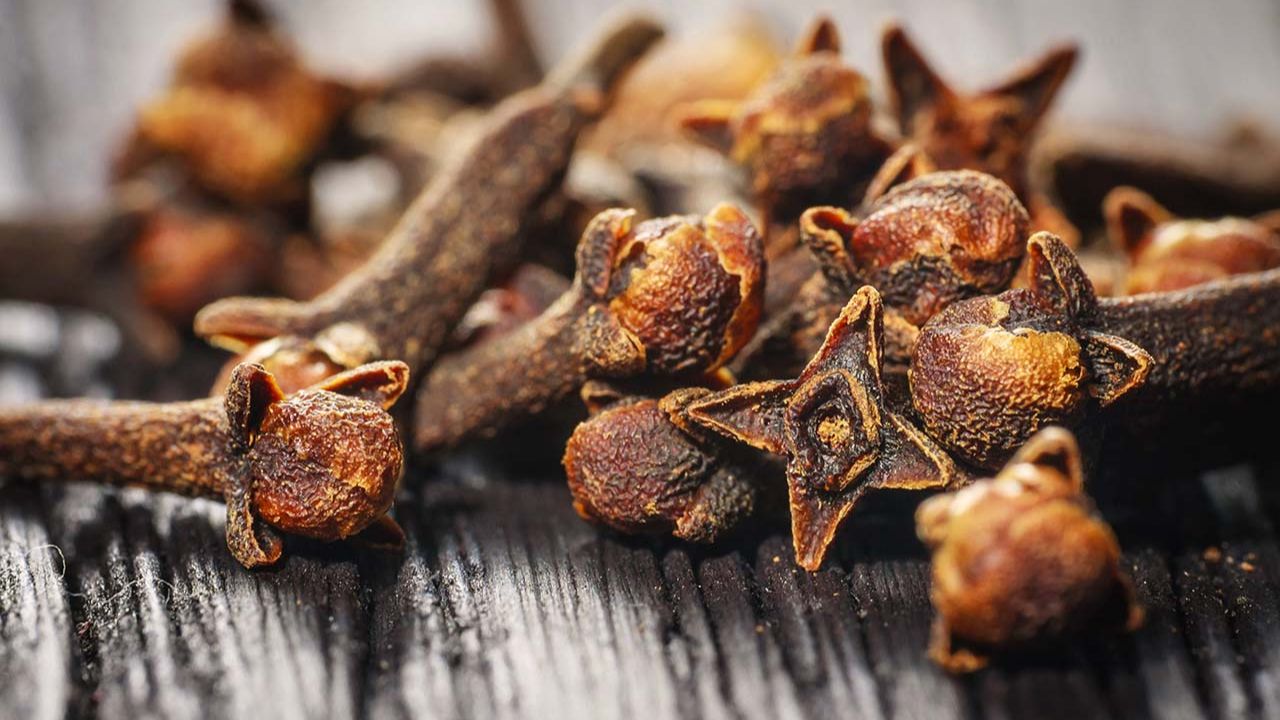
How to Boost Your Immune System with Ginger: 4 Simple Remedies
If I only had the option of having one herb on hand while I had an upper respiratory infection, I would choose ginger to boost my immune system.
Ginger seemingly has it all!
When you take ginger regularly it may have the effect of preventing an illness or at least lessening the duration and symptoms.
And, if you do come down with something, ginger can relieve many symptoms! It especially works well when you are dealing with cold and stagnant conditions (more on that in a bit).
Let’s take a closer look…

Prevention: The Key to Boosting Your Immune System with Ginger
I think we can all agree that preventing an illness is a far better goal than having to treat something we catch.
Ginger to the rescue!
You can boost your immune system with ginger, which has the potential to either prevent or reduce the severity of an upper respiratory infection.
A review published in June of 2021 concluded that an anti-inflammatory diet that included ginger is beneficial for preventing upper respiratory viral infections. The researchers wrote, “Considering the immune system’s involvement, increased inflammation, and involvement of the pulmonary system in Respiratory Viruses infections and the remarkable role of the anti-inflammatory foods for counteracting them, it is recommended to use a predominantly anti-inflammatory diet along with prevention/control and treatment protocols.”1
Antiviral Activity
Ginger can not only help prevent an illness, it may also have direct antiviral activity.
Fresh ginger has been shown to have direct antiviral activity against human respiratory syncytial virus in an in vitro study.2
Another in vitro study looked at ginger’s ability to inhibit viral replication in influenza and the researchers concluded that ginger “could be potentially useful for the control of influenza virus infections“.3

Supporting the Fever Process
Ginger is a fabulous herb for warming you up! Drinking ginger tea or eating a soup with lots of ginger heats up your core and then spreads that warmth out to your skin.
Dried ginger is especially warming and can easily make you sweat. Drinking dried ginger tea when you are in the “cold” stages of a fever helps you to warm up and thus supports this important immune system function.
I reach for dried ginger tea when I feel cold, am shivering, and can’t seem to warm up even though I have lots of layers and blankets on me.
Moving Stuck Congestion
Ginger’s warming and spicy qualities gets things moving! If you have stuffy sinuses or lung congestion, drinking ginger tea can thin mucus and help you to dispel it. Grab your ginger tea and a box of tissues!
Relieving Pain
Aside from boosting your immune system with ginger, you can also use ginger to relieve pain.
Upper respiratory viruses, especially influenza, can bring on muscle aches and pains. Clinical trials have shown that ginger can also relieve the pain of dysmenorrhea (menstrual pain), delayed onset muscle soreness (DOMS), osteoarthritis, chronic low back pain, and migraines. One review stated that, “The use of ginger for its pain lowering effect is safe and promising.”4

What about COVID-19?
To date there are no human clinical trials regarding ginger and COVID-19, however researchers are aware of its potential.5
There is one human randomized controlled trial in the works where researchers will “investigate the effects of Ginger, compared to the usual therapeutic regimen on clinical manifestations and paraclinical features in patients with confirmed COVID-19 that are moderately ill.”6 I look forward to those results!
Fresh vs. Dried
When working with ginger to boost your immune system, it matters whether you choose fresh or dried!
Fresh ginger has been shown to have antiviral activity and immune modulating activity. Because of this I like to work with fresh ginger at the beginning of an illness.
Dried ginger is more heating in nature, so I often reach for it when I especially feel cold (e.g., during the various stages of a fever).
Ginger has so many gifts —and so many fun ways to prepare it!
Here are some of my favorite ways to work with ginger for upper respiratory infections.

Fresh Ginger Tea
This classic and simple recipe is probably my most reached for ginger tea. It’s delicious, warming, and spicy. — an easy and tasty way to boost your immune system with ginger. This tea can be enjoyed at any time or you can reach for it at the first signs of an illness.
Yield: 1 serving
What you’ll need…
- 1-inch piece fresh ginger root
- Squirt of lemon
- Dash of honey (or other sweetener of choice)
- 1 cup just-boiled water
- Need herbs? Visit Mountain Rose Herbs.
- Grate or mince the fresh ginger. No need to peel it first, but if you really want to peel it, try using a spoon to gently scrape away that outer layer.
- Put the ginger, lemon, and honey in a cup or jar.
- Fill the cup or jar with just-boiled water. Cover and let steep for 15 minutes.
- Strain only if desired. Enjoy warm.

Dried Ginger Tea
This warming tea is perfect for when you feel cold and want to warm up. The heating qualities of dried ginger and cinnamon makes this a good match for when you feel cold due to a fever. If you don’t have cinnamon chips, you can break up a cinnamon stick into small pieces. Sip this tea hot and bundle up!
Yield: 1 serving
What you’ll need…
- 6 grams dried ginger (or about 2 teaspoons cut and sifted dried ginger)
- 3 grams cinnamon chips
- 10 ounces water
- Honey (or other sweetener of choice)
- Need herbs? Visit Mountain Rose Herbs.
- Place the ginger, cinnamon, and water in a small saucepan.
- Bring to a boil. Reduce the heat to a simmer and then cover and continue to simmer for 10 minutes.
- Remove from heat and strain. Add desired amount of honey or other sweetener of choice. Enjoy warm.

Ginger-Infused Honey
Fresh ginger honey is a great way to soothe a sore throat and boost your immune system! You can eat this by the spoonful, or you can add it to teas. No need to strain off the ginger when using. This will keep indefinitely; however, the honey may crystallize over time. If this happens, you can reheat the honey gently in a double boiler.
I recommend making this in small batches. I’ve written the recipe so that you can choose the amount you make.
Yield: variable
What you’ll need…
- Fresh ginger
- Raw honey
- Need herbs? Visit Mountain Rose Herbs.
- Finely mince or grate enough ginger to fill a jar halfway full.
- Fill the jar with honey. Stir well. Add more honey if necessary.
- The honey will taste like ginger in as little as 2 to 3 days. You can strain the ginger if desired, or keep it in the honey and eat both the ginger and honey.

Ginger Miso Soup
A simple broth soup is a comfort during the colder months of the year. You can boost your immune system with this ginger miso soup, which is a simple food to prepare while sick, or a way to nourish yourself as you are in the healing stages of a cold or flu. Look for miso in the refrigerator section.
Yield: This yields about 1 1/2 cups and is a single serving.
What you’ll need…
- 2 cups broth (bone broth, meat broth, or veggie broth)
- 1 inch piece of fresh ginger
- Pinch of freshly ground black pepper
- 1–3 tablespoons miso
- Need herbs? Visit Mountain Rose Herbs.
- Place the broth, ginger, and black pepper into a medium sized saucepan with a tight fitting lid.
- Bring to a simmer, cover, and continue to simmer on low for 10 minutes.
- Strain off the broth.
- Let the broth cool slightly, then add your desired amount of miso.
- Serve warm in a mug or as a simple soup.










